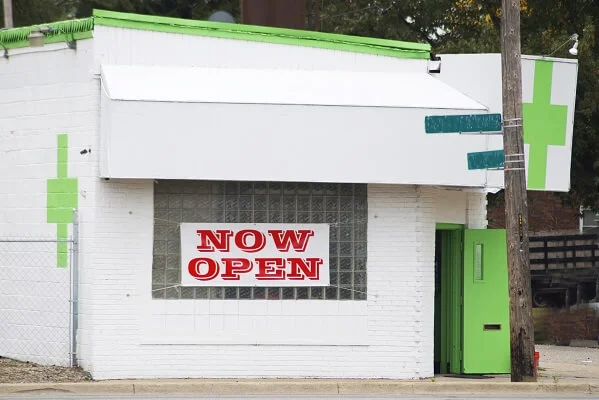Attorneys Assisting Businesses Obtain a Cannabis License
In November 2016, California’s marijuana laws underwent a drastic change through the adoption of Proposition 64, also known as Adult Use of Marijuana Act. Under the Act, California legalized the use of marijuana, allowing individuals over 21 to possess up to an ounce of marijuana and use it in their own home.
In conjunction, California made a decision to work towards a system of institutions and regulations that would allow for the sale and use of marijuana in a safe and effective manner. In June 2017, California passed a new bill to create the Medicinal and Adult-Use Cannabis Regulation and Safety Act (MAUCRSA), which created a single regulatory system to govern the cannabis industry in California.
What’s For Sale?
While California’s new laws immediately allowed for individuals to legally consume marijuana, they did not automatically create structures for the legal sale of marijuana. Instead, the law provided that the regulation and enforcement structures necessary for the sale of marijuana would be set up over time, with the official issuance of licenses to begin in January 2018.
As part of that structure, the Bureau of Cannabis Control was set up to develop regulations for adult-use of cannabis in California – and to license and regulate retailers and distributors of cannabis.
On September 22, 2017, the Bureau of Cannabis Control announced that it would begin issuing temporary 120-day licenses for the sale of cannabis in advance of the January 2018 date.
Getting a Temporary License
Under the Bureau’s new program, businesses can apply for one of four types of cannabis business licenses: (1) distributor; (2) retailer; (3) microbusiness; or (4) testing laboratory. Businesses must also indicate whether they want an adult-use license or a medicinal license.
The first step to obtaining a temporary license from the Bureau is to get a local permit or authorization from the local jurisdiction where the business resides. The requirements for these types of local permits are being set up by individual jurisdictions, so businesses will need to consult with local government officials to determine the requirements for authorization.
Because many local jurisdictions are still in the process of adopting their own cannabis regulations, the Bureau has indicated that it will be flexible in considering varying forms of local authorization. They may even be willing to consider letters from local authorities indicating their approval of the proposed business until more formal measures can be adopted.
Additional Business Documentation
After a local authorization is obtained, the business must submit the authorization to the Bureau along with:
The name of the business
The owners of the business
Contact information for the business
Authorization for the use of land for cannabis purposes (such as a deed showing ownership of land or letter from a landlord)
A premise map detailing the proposed business layout
The Bureau anticipates that approval for the temporary licenses will happen by email and that successful applicants will be able to print their temporary licenses from home. After received, the licenses will be good for a period of 120 days and then renewable for an additional 90 days after that.
California Attorneys Assisting You in Applying for a Temporary License
If you are a business owner considering applying for a temporary cannabis license, or an entrepreneur interested in getting into the cannabis industry – it can help to have a law firm navigating local and state authorizations on your behalf. At CKB Vienna LLP, our attorneys will work with you to anticipate the Bureau’s temporary licensing and get your application to the front of the line. For more information, contact us online or at 909-980-1040.

